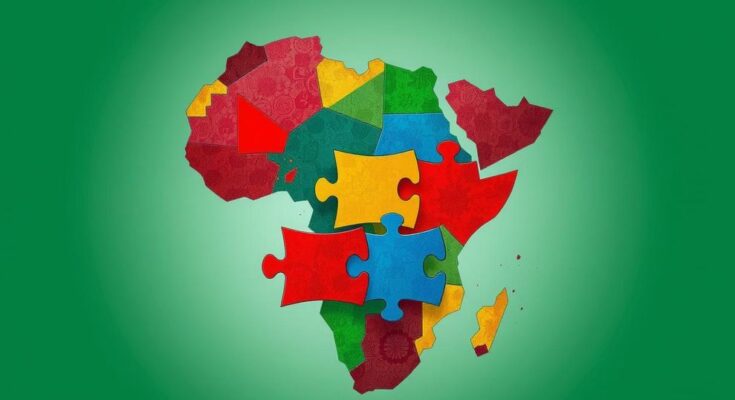ECOWAS leaders convened in Lagos to discuss regional unity following the departure of Mali, Niger, and Burkina Faso. Calls for bilateral cooperation and reinforced dialogue were emphasized as critical to overcoming challenges posed by the withdrawal. The significance of celebrating 50 years of ECOWAS and 25 years of the Parliament was highlighted during the seminar, with leaders affirming commitments to regional integration and stability.
The Speaker of the Economic Community of West African States (ECOWAS) Parliament, Hon. Hadja Memounatou Ibrahim, emphasized the need for stronger regional unity amid the recent exit of Mali, Niger, and Burkina Faso from the organization. Her appeal was made during the ‘1st Parliamentary Seminar on ECOWAS @50 & Parliament @25’ in Lagos, aiming for continued bilateral relationships with the departing nations.
During the seminar, Senator Jibrin Barau, Deputy President of the Senate, praised President Bola Tinubu for his steadfast leadership in promoting West African progress. Barau referred to Tinubu as a significant figure in enhancing regional solidarity and inspiring collective aspirations among the member nations.
Governor Babajide Sanwo-Olu of Lagos State encouraged ECOWAS members to adhere to the principles of regional integration. He called for the elimination of trade barriers and the fostering of an inclusive and equitable West African region, emphasizing the importance of peaceful coexistence and economic collaboration.
Hon. Ibrahim noted the founding treaty of ECOWAS was signed in Lagos in 1975, marking this year as a landmark for the organization. She addressed the implications of the withdrawal of the three nations and called for understanding the issues that led to this decision, while urging the need to uphold the values of cooperation and dialogue.
The Speaker expressed that this exit should prompt an intensified commitment to mutual understanding between the nations. She welcomed the transition period extending until July 2025 to ensure that the departure does not weaken the organization’s integrations and achievements.
Senator Barau highlighted Tinubu’s strategic vision for regional harmony and prosperity, asserting that his leadership has laid a strong foundation for West Africa’s future success. He reiterated the ECOWAS Parliament’s commitment to fostering unity and cooperative development among the member states.
Governor Sanwo-Olu expressed pride in Lagos’s pivotal role in ECOWAS and reaffirmed the state’s commitment to furthering regional integration, promoting trade and cultural exchange. He reiterated the significance of collaborative action to address challenges including security and climate change while improving citizens’ livelihoods.
Finally, Sanwo-Olu remarked that ECOWAS and its Parliament have substantially influenced West Africa’s trajectory through advocacy for economic cooperation and democratic governance. He acknowledged the vital role of the parliament in representing citizens’ interests and addressing regional challenges over the past 25 years, underlining the collective efforts to achieve a united West African community.
In conclusion, the recent exit of Mali, Niger, and Burkina Faso from ECOWAS has prompted significant discussions on the importance of regional unity and integration. Leaders emphasized the need to uphold the principles of cooperation and understanding among member states. The forthcoming transition period until July 2025 is seen as an opportunity to strengthen dialogue and reinforce commitments to shared goals of prosperity, security, and democracy in West Africa.
Original Source: www.arise.tv




